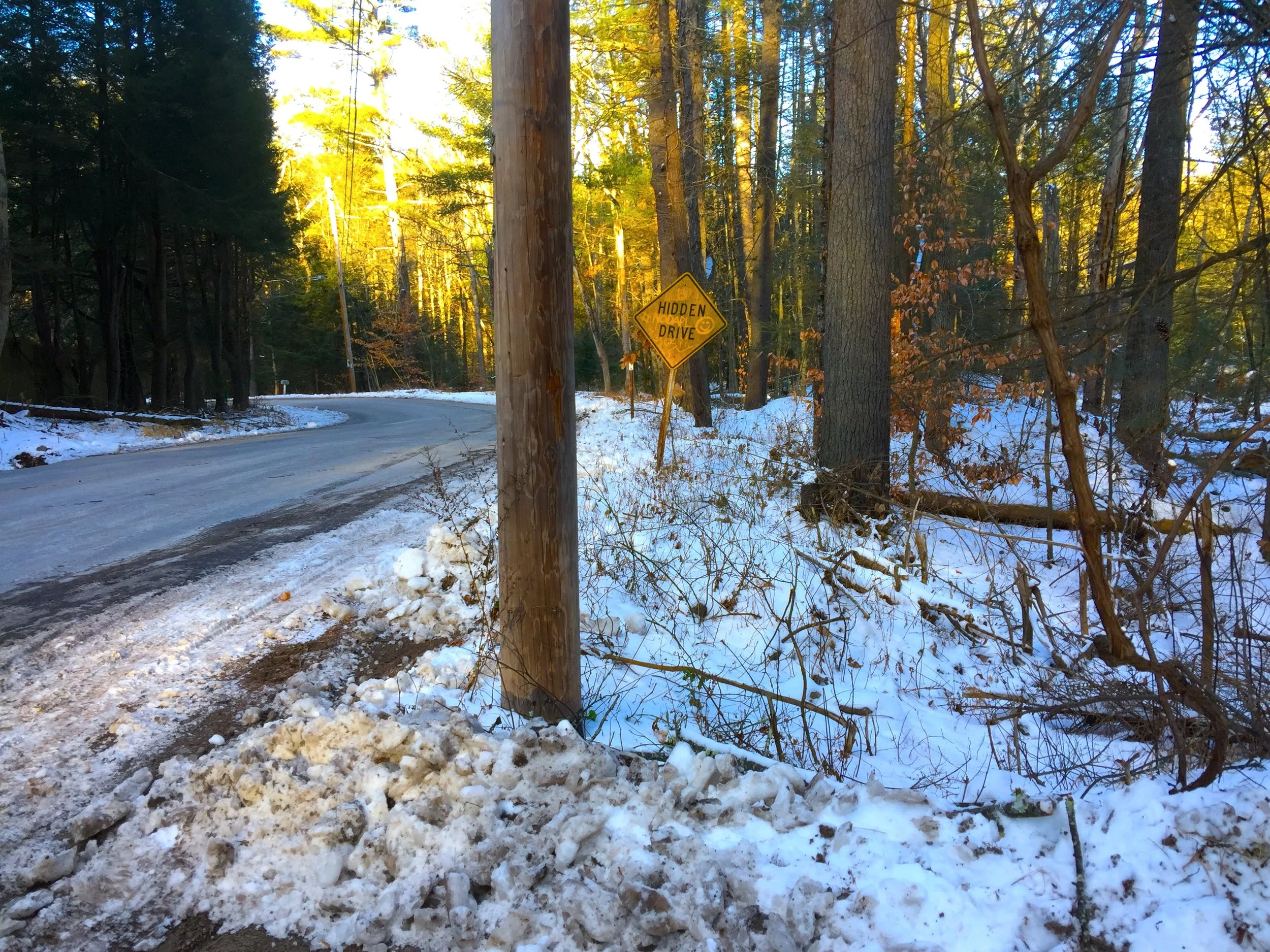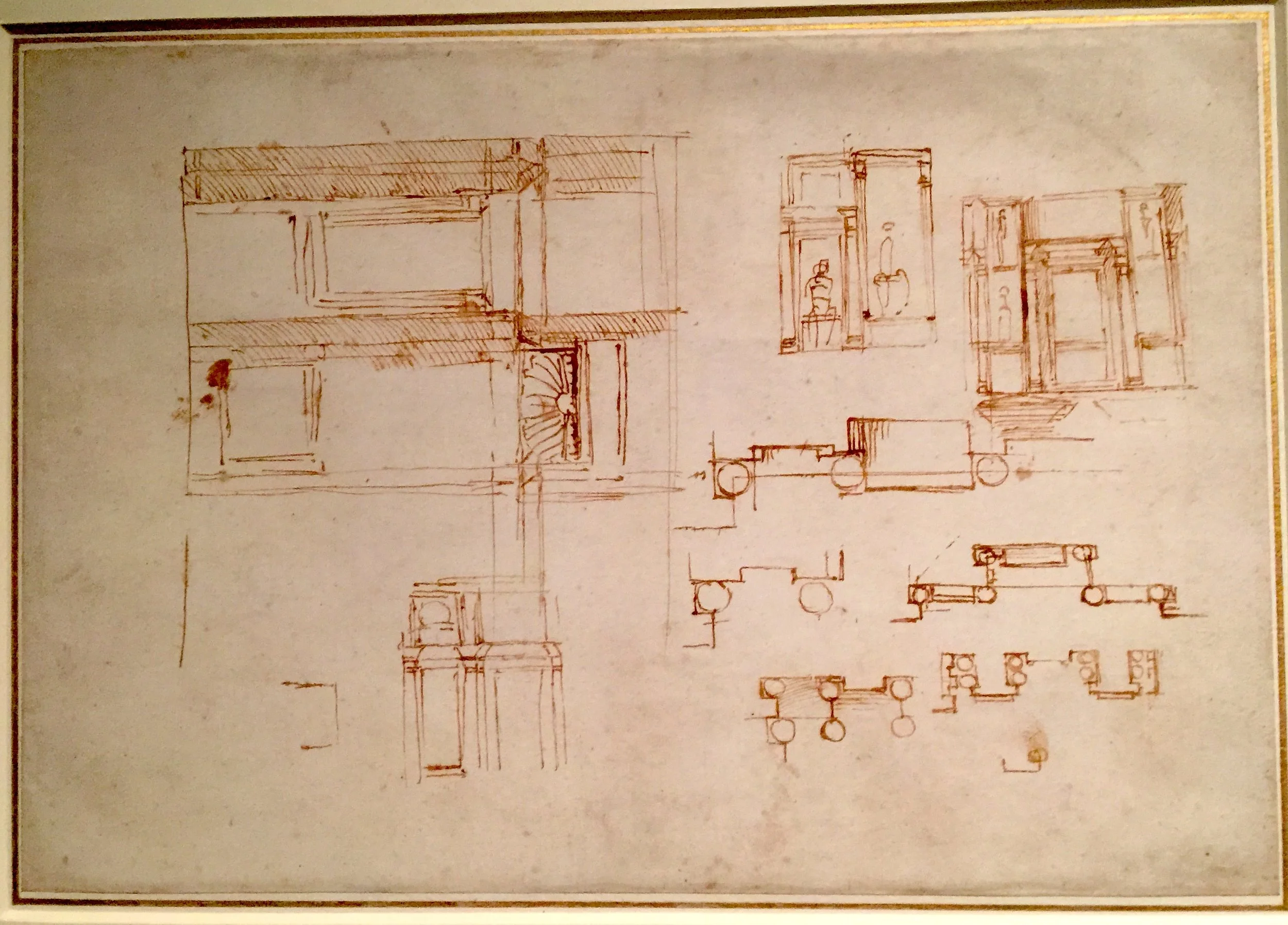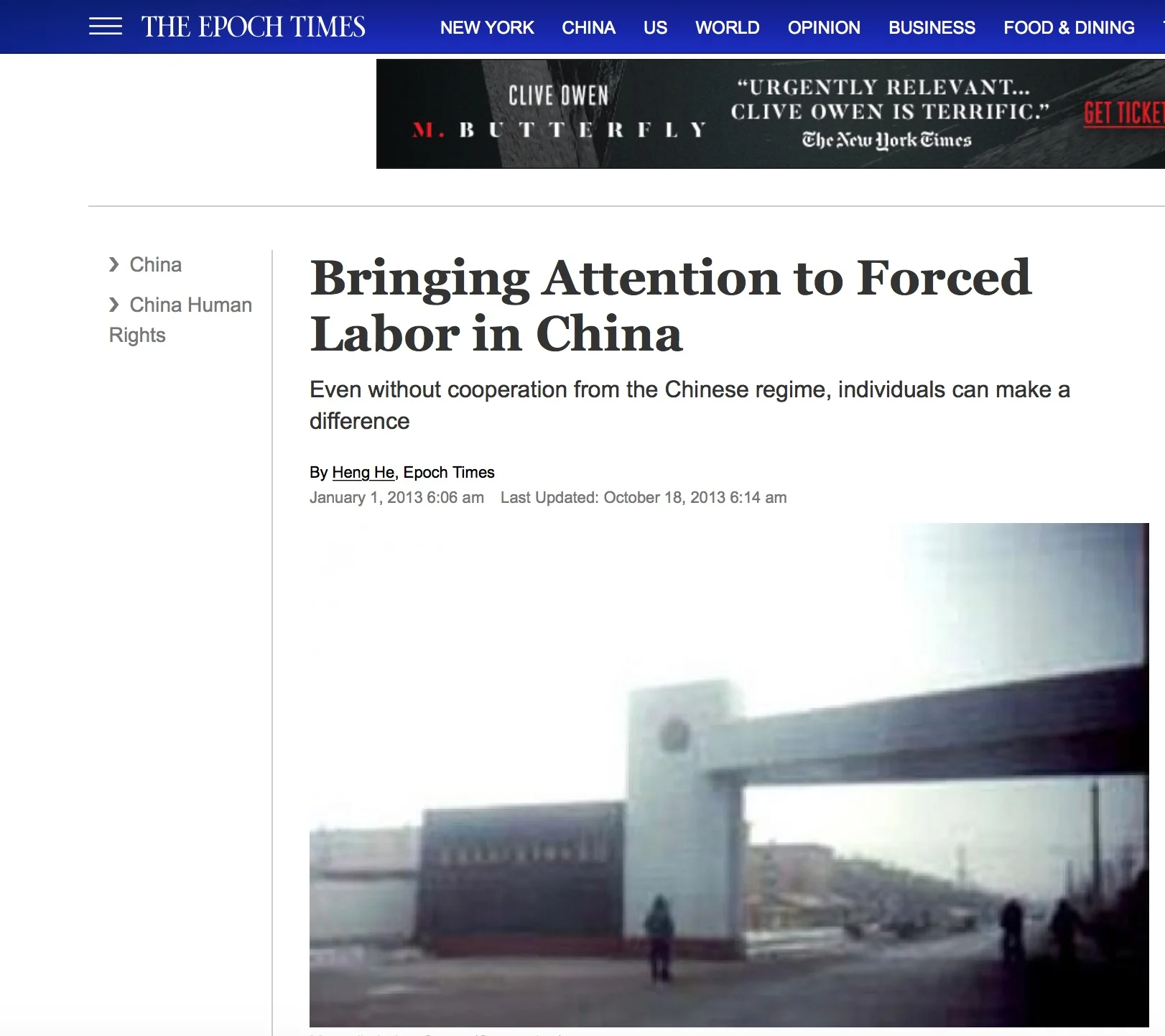Le Temps (The Times) in Geneva (Economy edition): TOYS
03-01-2003
By Frederic Koller from Beijing
A former prisoner of the Chinese camps says she has manufactured Toy rabbits for Nestle during her detention.
After investigation, the Swiss multinational denies, but wants to guarantee that no use of forced labour is done by its subcontractors.
Inquiry
Blamed by a former Chinese captive, Nestle introduces a clause against forced labour.
Nestle has just introduced a new clause for its contracts in China. It can look trivial, but it reveals a problem that a number of foreign companies operating in this country are likely to face : the use of the forced labour by local intermediaries.
From now on, explains Francois-Xavier Perroud, spokesman of the multinational in Vevey, "the contractor has obligation to obtain the formal agreement of Nestle before resorting to any unspecified subcontractor". The company wants to avoid being trapped by its Chinese partners. How did it come to this point ?
"Rehabilitation" programs
Last December, a former prisoner of a labour camp (the well-known "laogai"(http://www.laogai.org/) ), now Australian refugee, explained in the columns of a Sydney''s newspaper how she spent part of her twelve months of detention in the south of Beijing stuffing toys rabbits intended, according to her, to Nestle.
Jennifer Zeng, 35, is a follower of Falun Gong, a movement being brutally repressed by the Chinese regime since 1999. She says she has been forced, like 130 other followers, to work seven days a week with less than four hours of sleep per night, for three ''maos'' (thirty cents) each rabbit.
This program of "rehabilitation" was accompanied by rounds of beatings and electric shocks. These rabbits, remembers Jennifer Zeng, were produced for Nestle with the clear knowledge of police officers in the camp, for whom that seemed but normal. She emphasizes however that the labour camp never received direct orders from foreign companies but only from theirs local subcontractors. In Australia, she also identified the rabbits on Nestle web pages.
She asks for an independent investigation so as to alert the world of these practices. Challenged, the multinational of Vevey admits having ordered 110, 000 toy rabbits last year to a toy company in Beijing, MiQi Toys Company, for a Nesquik [note: a hot chocolate drink] advertising campaign in China. Francois-Xavier Perroud explains that it is a joint-venture that exports its products in the whole world and adds : "this was duly controlled by our services ".
At the beginning of the year, Nestle asked for an investigation with a specialised external consultant, and recalled that "forced or involuntary labour carried out in prison is against the principles of the group ".
Two production factories
According to the conclusions of this investigation, which was transmitted to us by Nestle, MiQi manufactured rabbits in two factories: one located at Qingdao, in Shandong province, and the second in Beijing - under direct control of MiQi. Nestle''s investigators report that the workshops of Qingdao have their own employees. As for Beijing, MiQi''s ensured Nestle that the stuffed rabbits "had been produced only by regular employees ". In addition, the Chinese Ministry of justice indicated to the Swiss company that "following an investigation carried out by the Office of rehabilitation by work of Beijing, no camp has ever produced toys for the Nestle company ". After this, Nestle China however introduced a new clause into its contracts.
For Nestle, this should logically not go further. However, explanations of the Chinese official are hardly convincing. Jennifer Zeng is pleased by Nestle''s reaction, but doubts that the investigation was effective. She does not have any confidence in the Chinese Ministry of justice - we can understand from someone who has been jailed for one year without any legal procedure. Especially, she questions the version of MiQi: "It is an open secret that Chinese companies have a double accountancy, one for the supervisors and another for themselves."
Jennifer Zeng was jailed in the prison of Xin'' An, located at Tiantanghe, one of two principal labour camps of Beijing. This camp is next to the small city of Daxing, a few kilometers south of the Chinese capital. According to the former detainee, the toy factory must have been located close to the camp, because the woman who brought the toys to be stuffed drove a tricycle.
Coincidence?
The director of MiQi Toys refused to receive us and provide the address of its factory in Beijing. Daxing city was also not able to give us the address of toy factories in its jurisdiction. However, in the industrial district of Daxing, inhabitants clearly remember of a toy factory, producing toys and especially rabbits. It was called "Yinghe" and moved a few kilometers away at the end of last year to go to... Tiantanghe, the labour camp. We could not establish a link between this factory and MiQi. But Nestle confirms today that MiQi production factory is precisely in Daxing. Just a coincidence? For Jennifer Zeng, there is no doubt anymore : part of the 110, 000 Nesquik rabbits comes from her forced labour, for which she did not touch a cent when she was released.
Posting date: 03/Jan/2003
Original article date: 13/April/2002
Category: Media Report
Jennifer was forced to make rabbits for Nestle while imprisoned in Beijing’s Xin’an Labour Camp. The labour camp received an order of 110,000 pieces.






